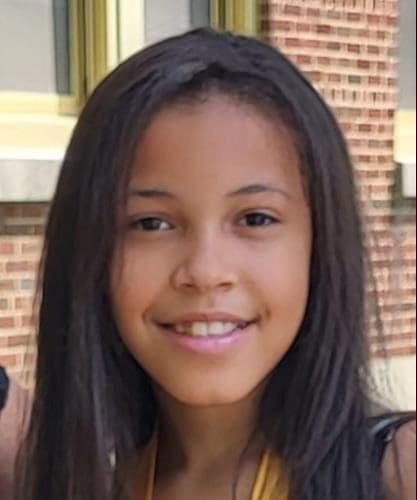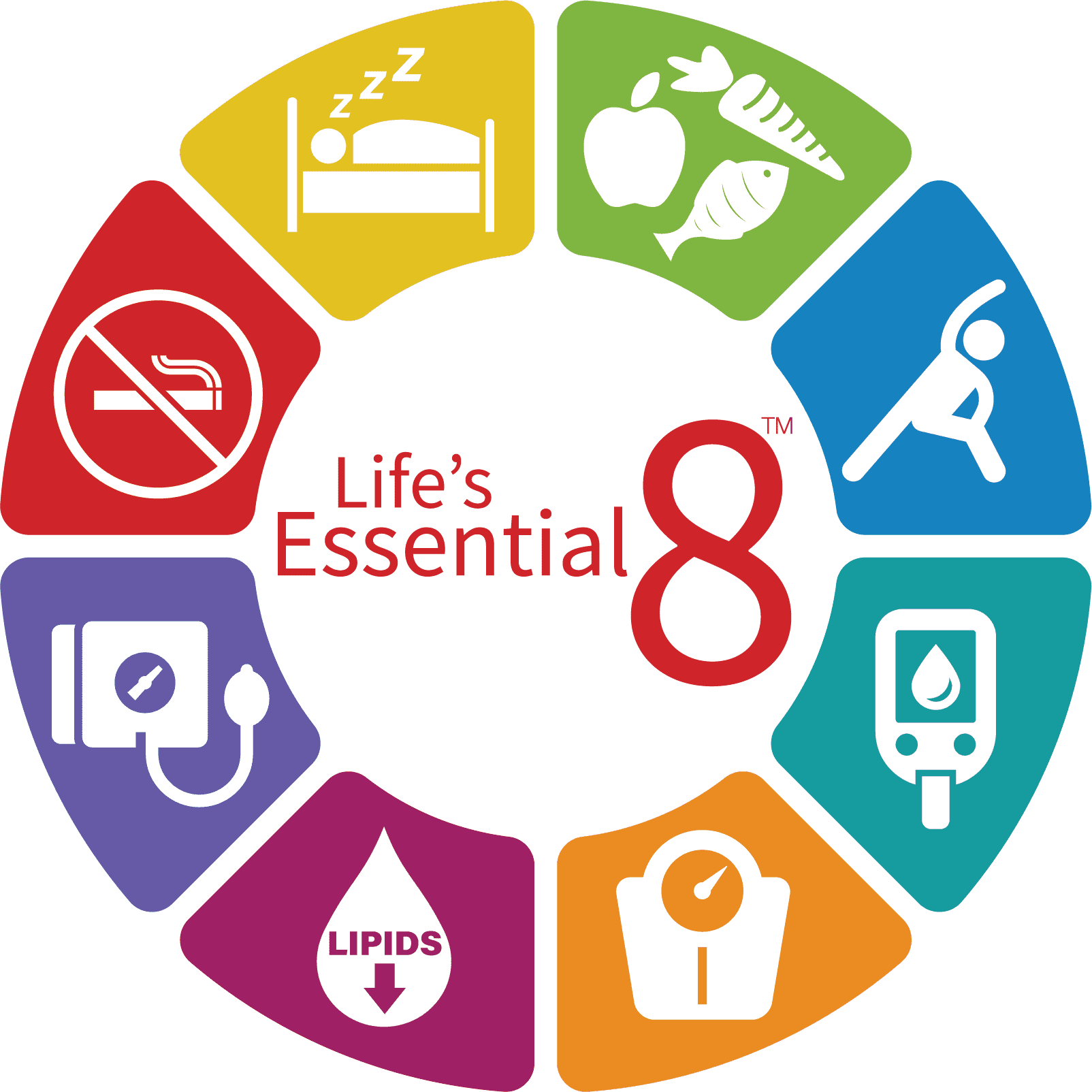Kindness and Business
Photography by Alice G. Patterson
No matter what sector you work in, you can be part of philanthropy. In honor of this month’s theme, we asked local business owner Jennifer Shorr, owner of That Insurance Girl, to chat with us about what she does to help Medicare beneficiaries and consumers, how she partners with local nonprofit organizations and what inspires her to help others.
SWM: Tell us a little bit about yourself.
Jennifer: I’ve been in the financial services industry since 2006. In my early days, I found myself gravitating towards Medicare and retirement planning because many people found Medicare to be so confusing. Choosing a plan and making the right decision can be difficult and researching all the options gets overwhelming. I decided to work with many different insurance carriers, which allows me to find the best plan to fit a person’s needs. I really love my job and that it allows me to help people while doing it.
SWM: What inspires you to try to help others?
Jennifer: I believe people did not work their whole lives to spend their savings on medical bills.
SWM: Explain what financial toxicity is and how it can affect people.
Jennifer: Financial toxicity is a term used in the medical field to describe the emotional, mental and physically debilitating – and often life-threatening – financial side effects and burdens induced by cancer treatment.
While financial toxicity is a term specific to cancer, it’s important to note there are other health conditions that can have similar financial consequences. Understanding your plan and having the knowledge to know when to make changes to your insurance can make a big difference.
SWM: Talk about how financial grants, such as those through the St. Agatha Foundation and Cancer Connects’ Angel Fund, can help people.
Jennifer: I cannot say enough good things about these foundations. They help people when they need it the most. They help to pay for day-today cost of living expenses AND medical expenses. It’s difficult enough dealing with the stress of a diagnosis and not feeling well, but just as stressful wondering how you are going to afford it.
SWM: How did you connect with those organizations?
Jennifer: It was through a project started by Jennifer St. Andrew at Hematology-Oncology Associates of CNY. She and her team of patient advocates work very hard to assist their patients to avoid financial distress. They look for grants or copay assistance programs that can assist the patient with their financial responsibility.
SWM: Tell us more about the St. Agatha Foundation.
Jennifer: The St. Agatha Foundation was established in 2004 by Laurie Mezzalingua to assist breast cancer patients in the Central New York area. The foundation is dedicated to providing support, comfort and care to patients — particularly the under-insured and uninsured — through financial assistance programs. The foundation partners with hospitals and health care providers to pay for a wide range of breast cancer treatments and recovery-related costs.
SWM: Tell us more about the Angel Fund.
Jennifer: CancerConnects’ Angel Fund assists many local adult non-breast cancer patients and is 100 percent driven by community donations. They also help with expenses like groceries, gas and transportation services to get to treatment, health insurance premiums, copays, prescriptions and utility bills. By having some of the financial stress of a cancer diagnosis alleviated, people can focus more of their energy on recovery.
SWM: What’s your advice for women who want to build their business while helping those in need, like you have?
Jennifer: It is possible to do business and kindness at the same time. Be yourself and follow your instincts. Something magical happens when you focus on helping others. You will begin to find the reward becomes much greater than the investment. SWM
For more about the St. Agatha Foundation, visit saintagathafoundation.org. For more about CancerConnects’ Angel Fund, visit cancerconnects.org.
Interview was edited for length and clarity.





